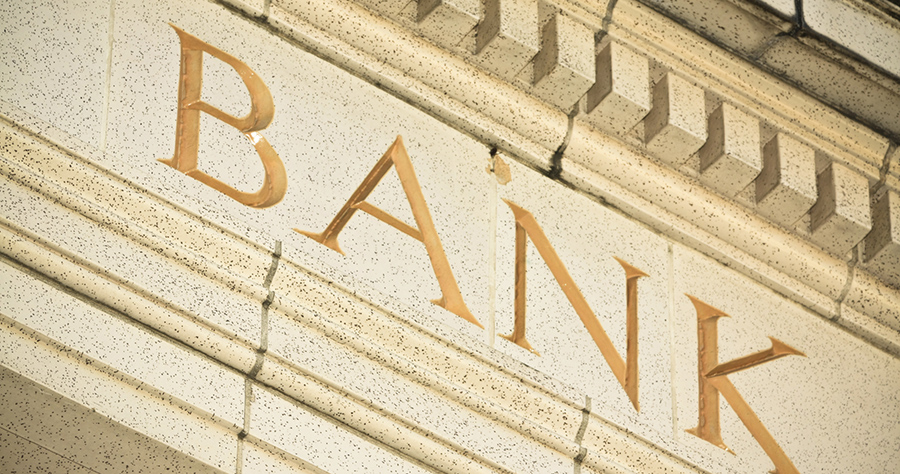
You might think that the safest place to keep your money is in a bank vault. Unfortunately, in some circumstances, creditors can reach into your account and take out your money, even without your authorization. While not all creditors have this power, in some cases your bank is left with no choice but to comply. Understanding the laws regarding financial seizures can help you avoid getting into this unpleasant situation.
General CreditorsAlthough the law provides for creditor access to your funds in some situations, for the most part your bank account can’t be touched without your express authorization. Just because you owe a bill or payment to someone doesn’t mean they have the legal right to withdraw your funds. If they do, you generally have legal protection against loss if you report the unauthorized activity within 60 days. Your bank is required to conduct a full investigation and to replace illegally withdrawn funds.
Judgments If a creditor has a legal claim and wins a judgment against you in court, you face the real possibility of losing bank funds against your will. A judgment is a legal authority granted by a court to a creditor entitling them to enforce collection against a debtor. If you have a bank account, your creditor can levy that account and take the money that you owe. The process doesn’t happen overnight, and you’ll be notified when the creditor files a case against you. However, once the judgment is declared, you generally can’t avoid the consequences until you pay off your debt.
Internal Revenue Service When it comes to creditors, the IRS is king. If you owe back taxes to the government, the IRS has the legal authority to collect that money in nearly any conceivable way. The IRS can garnish your wages, slap a lien on your personal property, and clean out your bank account. You’ll receive a series of notices, including the “Final Notice of Intent to Levy and Notice of Your Right to a Hearing” sent at least 30 days before a bank levy is enforced. Once served, your bank must legally surrender your funds to the IRS.
Creditor Fraud If you make payments with your debit card, or with some other form of electronic transaction, you grant a creditor the authority to withdraw funds from your account. Unscrupulous creditors — or electronic thieves — can use that information to withdraw more money than they should. While you’re generally protected from loss of unauthorized transactions or identity theft— if you report the transactions in a timely manner — simply having this information is a way that some unauthorized individuals can gain access to your bank account.
not all creditors have this power, in some cases your bank is left with no choice but to comply. ... A judgment is a legal authority granted by a court to a creditor entitling them to enforce collection against a debtor. If you have a bank account, yourcreditor can levy that account andtake the money that you
No comments:
Post a Comment